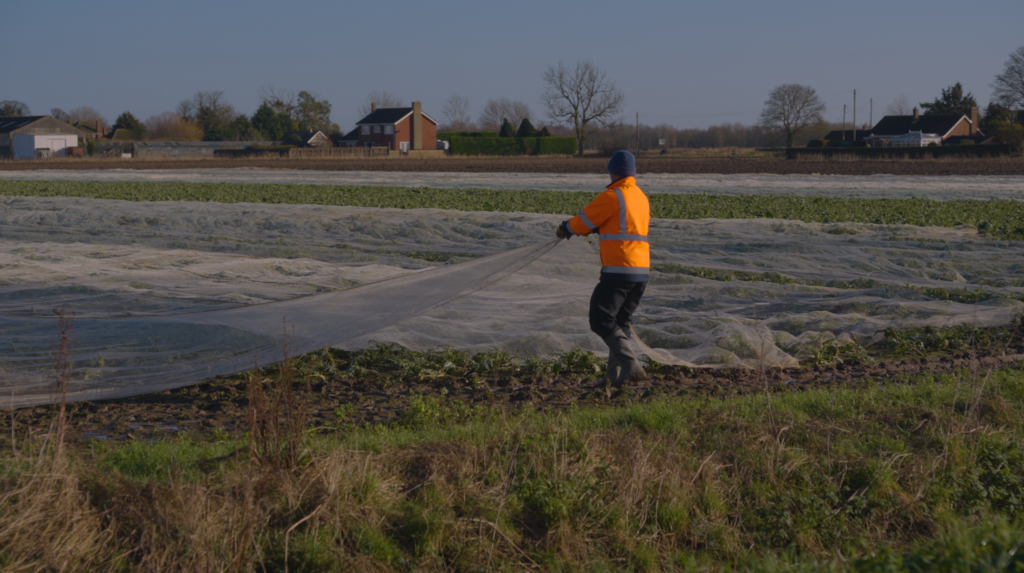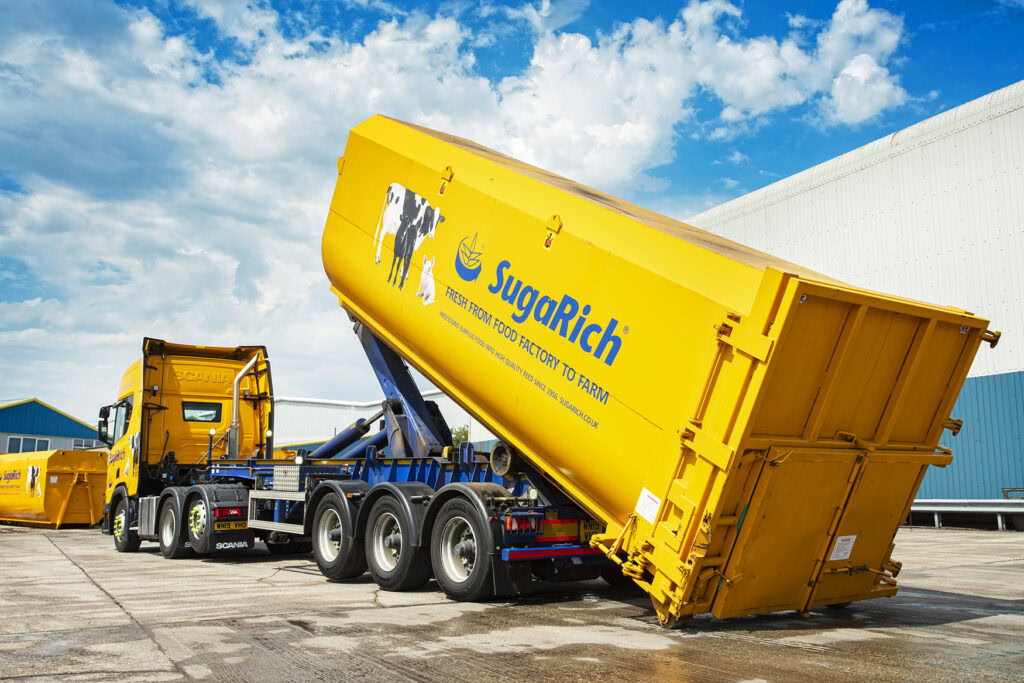The voluntary BSI standard, which is supported by WRAP and The Composting Association, was introduced in 2002 as a basic minimum standard for compost. Several hundred composting operations are on the scheme.
Emily Nichols, the Association's technical officer, who was involved in the updating of the standard said: “The new PAS is more intensive in the validation phase, but this is reduced once an operation process is ongoing. It is more pragmatic on monitoring batch requirements.”
” The new PAS is more intensive in the validation phase “
– Emily Nicholls In the documentation supporting the standard states: “PAS 100: 2005 continues to require the composter's commitment to supply products that are fit for purpose. In support of this, it is extensively revised from the 2002 edition.”
BSI explains that the new PAS 100:2005 incorporates references to new legislation and scientific reports, revised sanitation regime guidance, a section on maturation, modified minimum sampling and testing frequencies.
There is also the addition of sewage sludge cake and biodegradable packaging as allowable inputs to a composting process, subject to adequate risk control.
Hazard analysis
Ms Nichols said that there were various improvements to the standard, but that the main changes were the requirement for hazard analysis on all types of compost product, such as mulch and turf dressing; developments to plant tests; new stability tests for baseline quality and a change to the stones limit in finished products.
| Related links: |
The update also contains revised sanitisation and monitoring guidance and specifies that no additional pathogen tests are necessary for demonstrating PAS 100 compliance if the compost passes the ABP or EU Regulation pathogen requirements.








Subscribe for free